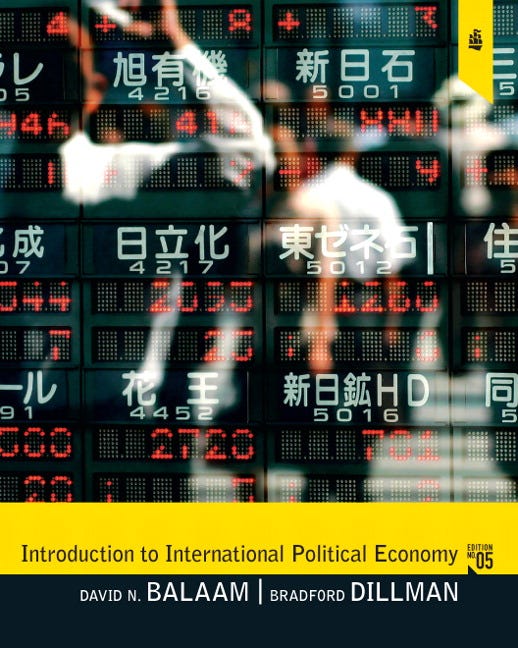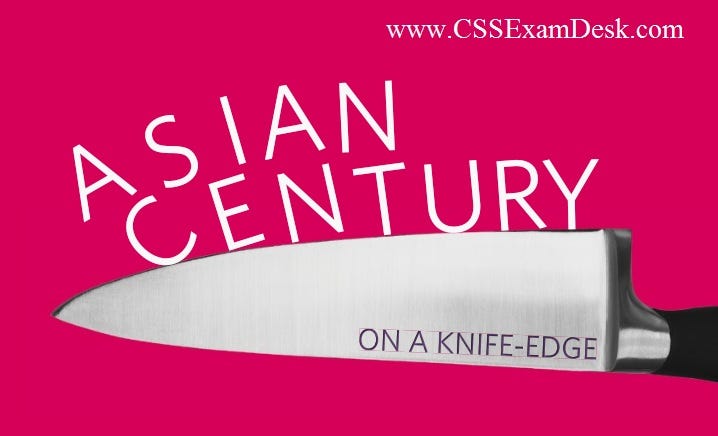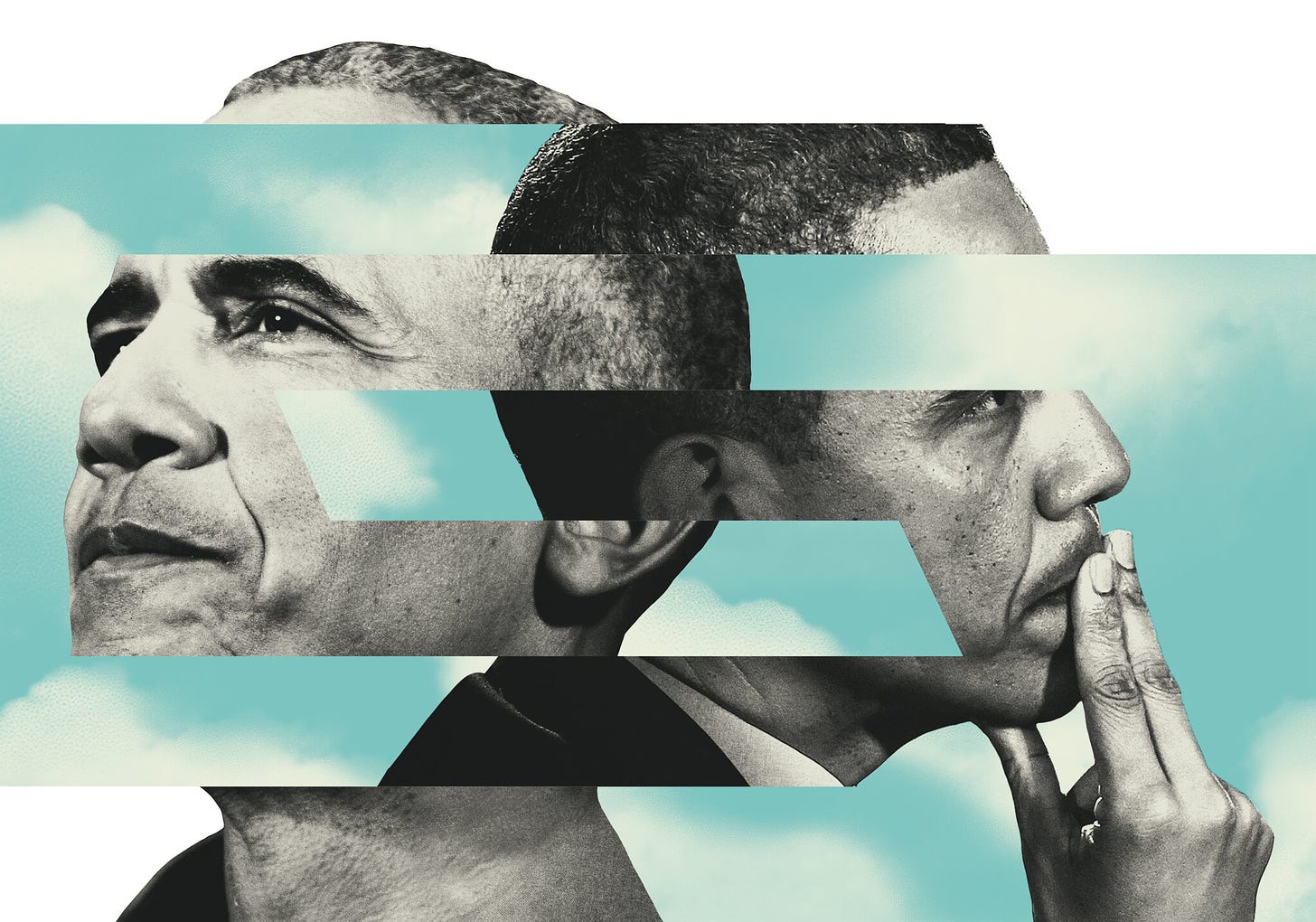David Balaam & Bradford Dillman, Introduction to International Political Economy (IPE)
This book is in the suggested readings of the CSS 2023 syllabus for Current Affairs paper. Click here to download the book in PDF format.
In the book titled “Introduction to International Political Economy” (IPE), the authors – David Balaam and Bradford Dillman – analyze a number of complex issues of international and global economies in a comprehensive way. The book is structured into five parts representing a completed entity both from the theoretical and practical viewpoints. In the first part of the book, titled Perspectives on International Political Economy (Chapters 1-5), the authors present the key conceptual elements of IPE. An emphasis is put on the theoretical concepts necessary for the analysis and understanding of the issues and problems within IPE, such as: mercantilism, liberalism and structuralism. These approaches have enabled the authors to discuss possible regularities of the formation and development of complex economic phenomena studied within IPE.
Various actors are in the focus (individuals, classes, states) and their relationship to the market, different economic activities and the alternative structures of society. Therefore, different values are emphasized, such as the power and wealth of nations, economic freedom, so as to be able to formulate a unique position on the possibilities of solving problems caused by socioeconomic and political crises. The subject matter of the study in the second part of the book, titled Structures of International Political Economy (Chapters 6-10), are the treaties, institutions, agreements and other relations that connect people in different ways. It points out that international trade presents the central theme to be discussed in IPE. The growth of international trade is a reflection of the increasing globalization and liberalizing movement of goods, services, labour and capital. By linking countries with each other, trade affects the formation of significant economic, political and social interdependence. However, this process results in tensions and conflicts between and among countries.
For the majority of countries, trade represents the way of generating revenue, opening new jobs and increasing the appropriation of profits, until then for developing countries trade a critical component of their development plans, primarily because of low competitiveness. According to that, the states are forced, more than ever, to regulate trade, in order to limit and increase the benefits.
In the third part of the book, titled States and Markets in the Global Economy (Chapters 11-14), issues deemed to be relevant for developing countries are discussed. In this part, the fundamental problems existing between economy and politics, which appear in the integration process, are indicated. Based on the analysis of the key issues of the European Union, the authors point out that regionalism is one of the most important political and economic trends. There is a more powerful regional economic integration, which leads to the rise of regional trading blocs. It is indicative of the fact that economic integration is an assumption of a greater, efficient use of limited resources and the higher rates of economic growth.
The transformation of the political and economic systems was one of the biggest challenges for socialist countries. The transformation of the socialist system considered the construction of new political and economic institutions, first of all, the change of the legal system, the privatization of the state-owned property and establishing a market where the prices of production factors, goods and services are freely formed. The success of the reform varied from country to country. The author indicates that it is difficult to establish a balance between economic and political changes, because changes in one area affect changes in another.
In the fourth part, titled Transnational Problems and Dilemmas the key issues of the relations between industrialized countries and less developed countries have been discussed. The authors put transnational corporations in the first plan because of their being growth drivers for a less developed country, and for others, giant business organizations dominating production around the world and representing a way of exploiting cheap labour and natural resources in less developed countries.
It is pointed out that transnational corporations do not invest exclusively in less developed countries, considering that their branch offices are mostly located in highly developed countries. The purpose of considering the locations of the business and economic power of transnational corporations is, among the rest, the consideration of foreign direct investment flows, supported by transnational corporations.
The IPE subject matter issue is a complex and diverse one, presenting a necessary multi-disciplinary approach of studying international and global issues.
An integrated analysis using the methods of political science, economy and sociology is required. This synthesis is, among the rest, also desirable for the propensity of individual disciplines to focus only on certain elements of the complex problems of the modern world.
The concept of IPE, in which complementary politics, economy and sociology permeate one another, it is crucially important for the expansion of the knowledge of a broader scientific and professional community. The book refers to a deep reflection of the key economic, political and sociological issues of today’s modern society. Through a comprehensive analysis of a number of theories, the authors discuss the current problems the economies of today’s modern society are being faced with. In principle, it is becoming increasingly clearer that the one-sidedness in analyzing the relationship between the state and the market, both domestic and international, on the one hand, as well as politics and economics, on the other, does not provide a valid response to a wide range of issues of the modern world. A complex approach is required in the analysis of numerous problems which today’s modern society is being faced with, which IPE exactly provides.
The book provides the reader with fundamental knowledge necessary for a more objective understanding of the functioning of the modern world. Indicating the need for critical and creative thinking as the key approach in modern science is one of the most important attitudes the authors are supportive of in the book.
Excerpts
- “The Arab Spring took the world by surprise—a reminder that social scientists still do not have good tools to predict when and why large-scale changes will occur in complex socio-political systems.”
- “While Arabs claimed a political voice that had been squashed by decades of dictatorial rule, Americans and Europeans seemed to demand a new kind of politics freed from the grip of special interests and big money. In all three cases, elites who were supposed to be the experts on political and financial affairs suddenly were at a loss to explain why things had gotten so bad under their watch.”
- “For Keynes, the solution is to combine state and market influences in a way that, in the spirit of Adam Smith, still relies on the invisible hand but supports a larger but still limited sphere of constructive state action. For Keynes, to offset its collective irrationality, society should direct “intelligence through some appropriate organ of action over many of the inner intricacies of private business, yet it would leave private initiative and enterprise unhindered.”
- “The production and trade structure pulls national leaders, IO and NGO officials, and the public in several directions at once. On the whole, economic liberals tend to emphasize that the rational thing for states to do is to agree on a common set of international rules that will maximize the gains from trade in a competitive global economy. Without these rules, many states and domestic groups are likely to incur substantial economic losses. Mercantilists and structuralists agree that there are economic gains to be made from trade, but they insist that trade is a much more complex and controversial topic because of the way it contributes to national power and how it benefits some groups more than others.”




